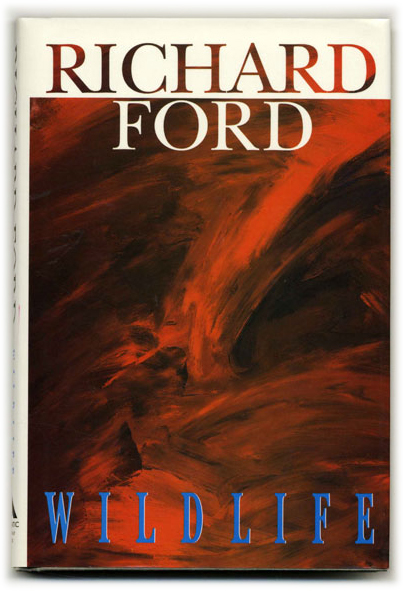 In this week's Blueprints, Jorge Molina looks into five adapted scripts that should be featured n the awards conversation. If you missed the Original Screenplay FYCs, they're here.
In this week's Blueprints, Jorge Molina looks into five adapted scripts that should be featured n the awards conversation. If you missed the Original Screenplay FYCs, they're here.
While Original Screenplays tends to be where usually the Academy rewards more unconventional stories, the adapted screenplay category carries with it an air of respectability and prestige. Maybe it’s because it usually involves translation from a literary medium, respected novels or award winning plays. Maybe it’s because adaptations carry a built-in audience, something Hollywood values. Adapted screenplays have the advantage of arriving with an already fully formed and sometimes familiar story. But translating that into a cinematic medium is one of the hardest tasks for a writer: making the verbal into visual, compressing dozens of chapters into a two-hour story, learning what to leave in, what to take out, what to add or change.
Here are five screenplays that each took a previously published piece and turned it into an engaging, engrossing and cinematic experience....
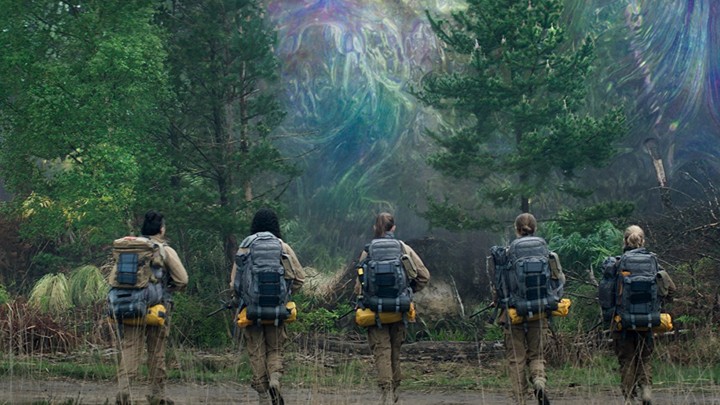
Annihilation
Written by: Alex Garland
Based on the novel Annihilation by Jeff VanderMeer
Victim of an early release and a poor marketing campaign by Paramount, Annihilation unfortunately seems to be completely absent in awards season. Alex Garland’s follow-up to his Oscar-winning debut Ex-Machina, this adaptation of a novel by Jeff VanderMeer follows five women as they venture into a mysterious area that has been taken over by an alien force. They will try to understand it as it slowly consumes them.
The film works on many different levels, from the story (a rare female-fronted sci-fi adventure), to the visuals (a series of lyrical and psychedelic images emerging from this mysterious being), to the underlying theme (a profound analysis on grief, PTSD, and depression). Annihilation, like The Shimmer itself, quietly guides the viewer through its forest, and gets under your skin more and more with every step, until it has finally consumed you and you’re unable to let go of it.

Crazy Rich Asians
Written by: Peter Chiarelli and Adele Lim
Based on the novel Crazy Rich Asians by Kevin Kwan
Before becoming the big-studio comedy phenomenon of the year, Crazy Rich Asians faced heavy expectations. It was the first movie in 25 years starring an all Asian-American cast, based on a wildy successful best-selling novel. It was trying to both reinforce and demystify the rom-com tropes that have been prevalent in Hollywood for decades. The movie proved that it could do all that and more.
Crazy Rich Asians works in both the universal and the specific levels; two sides that feed off each other beautifully. Though it's a fairly run-of-the-mill romantic comedy about a woman trying to get on the good side of her future in-laws, it also tackles issues of race, classism, generational differences, cultural identity, and tradition. It juggles all these themes with surprising lightness and heart, never sacrificing emotion for a laugh, but delivering plenty of both.
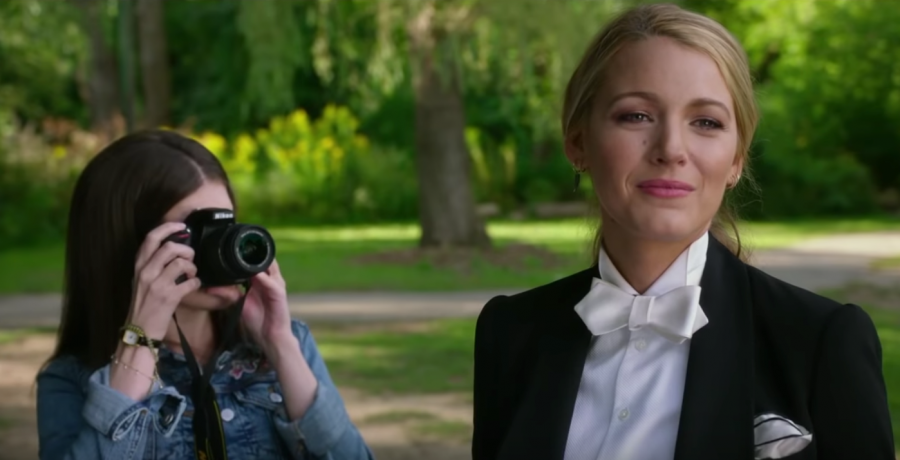
A Simple Favor
Written by: Jessica Sharzer
Based on the novel A Simple Favor by Darcey Bell
Who would’ve guessed that the most inventive genre movie of the year would come not in the shape of a horror film or a sci-fi epic, but a domestic thriller revolving around two mothers who meet for their children's play date? What stands out most about Paul Feig’s delicious A Simple Favor is that it knows the precise level of black comedy and high camp that it needs to be at all times.
With career-best performances by Anna Kendrick and (in particular) Blake Lively at its center, this long-lost incest cousin of Gone Girl follows every beat of a disappearance thriller, while peppering in bits of dialogue, eye-popping visuals, and plot twists that would be ridiculous if they weren’t pulled off with such skill. It’s silly, but it’s deadly serious. It’s sour, but it melts completely in your mouth.
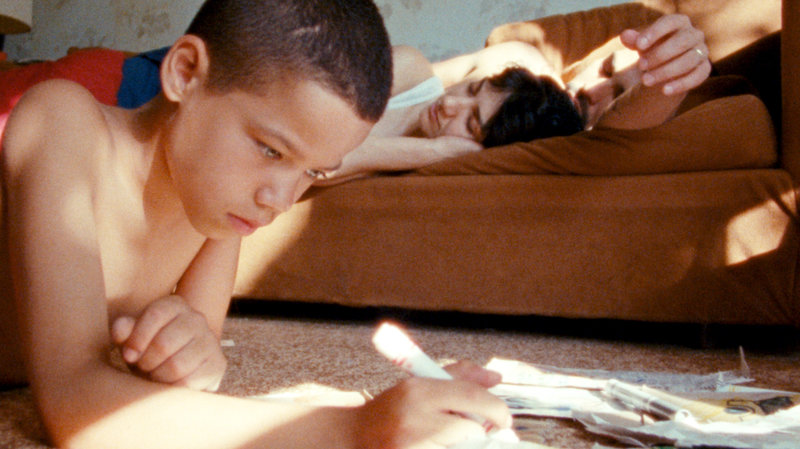
We the Animals
Written by: Jeremiah Zagar and Dan Kitrosser
Based on the novel We the Animals by Justin Torres
Winner of the Audience Award at Sundance, We the Animals was released amidst a year of films that present new and unexplored sides of queerness, and it's arguably the best of them. Based on the semi-autobiographical novel by Justin Torres, the coming-of-age film follows a young Latino boy in rural America, as he struggles with the toxic masculinity that’s being passed down from his father to his brothers, and the sure knowledge that he’s different from them, but unable to understand why.
To reflect the coping mechanisms that he uses to escape his reality, Zagar and Kitrosser use touches of magical realism and animated sequences, and it’s all shot like a memory. No movie captures the melancholy, confusion, and turbulence of early puberty, and specifically early queer puberty, quite like We the Animals. It’s beautiful, and painful, and tender; just like you remember it.
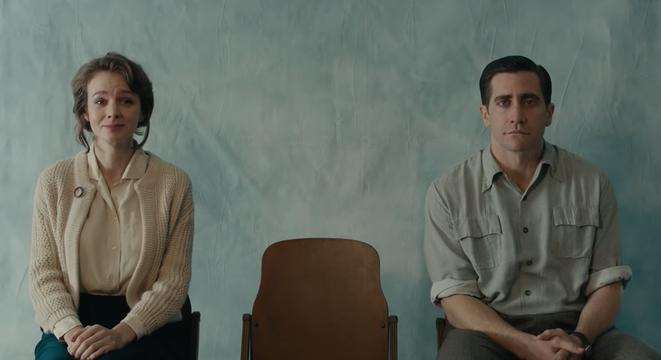
Wildlife
Written by: Paul Dano and Zoe Kazan
Based on the novel Wildlife by Richard Ford
A lot of things suck about growing up. But one of the most disorienting ones is that moment where your parents stop being the heroic care providers they've always been, and become flawed, sometimes despicable humans. That moment where the kid has to take care of the parent, at a point where they are still unable to take care of themselves.
Paul Dano and Zoe Kazan took Richard Ford’s novel and made a movie about a boy’s relationship with his parents: his father’s decision to leave them, and what remains of his mother once he’s gone. In the end, it’s a story of survival. Of what we must do to keep doing when things go unexpectedly, and miserably. When a man must leave for a job in the woods, when a woman is left bitter and desolate, and when a young boy must pick up the pieces around him.
Other adapted screenplays to consider: Black Panther, Beautiful Boy, Lean on Pete, Widows, Suspiria,